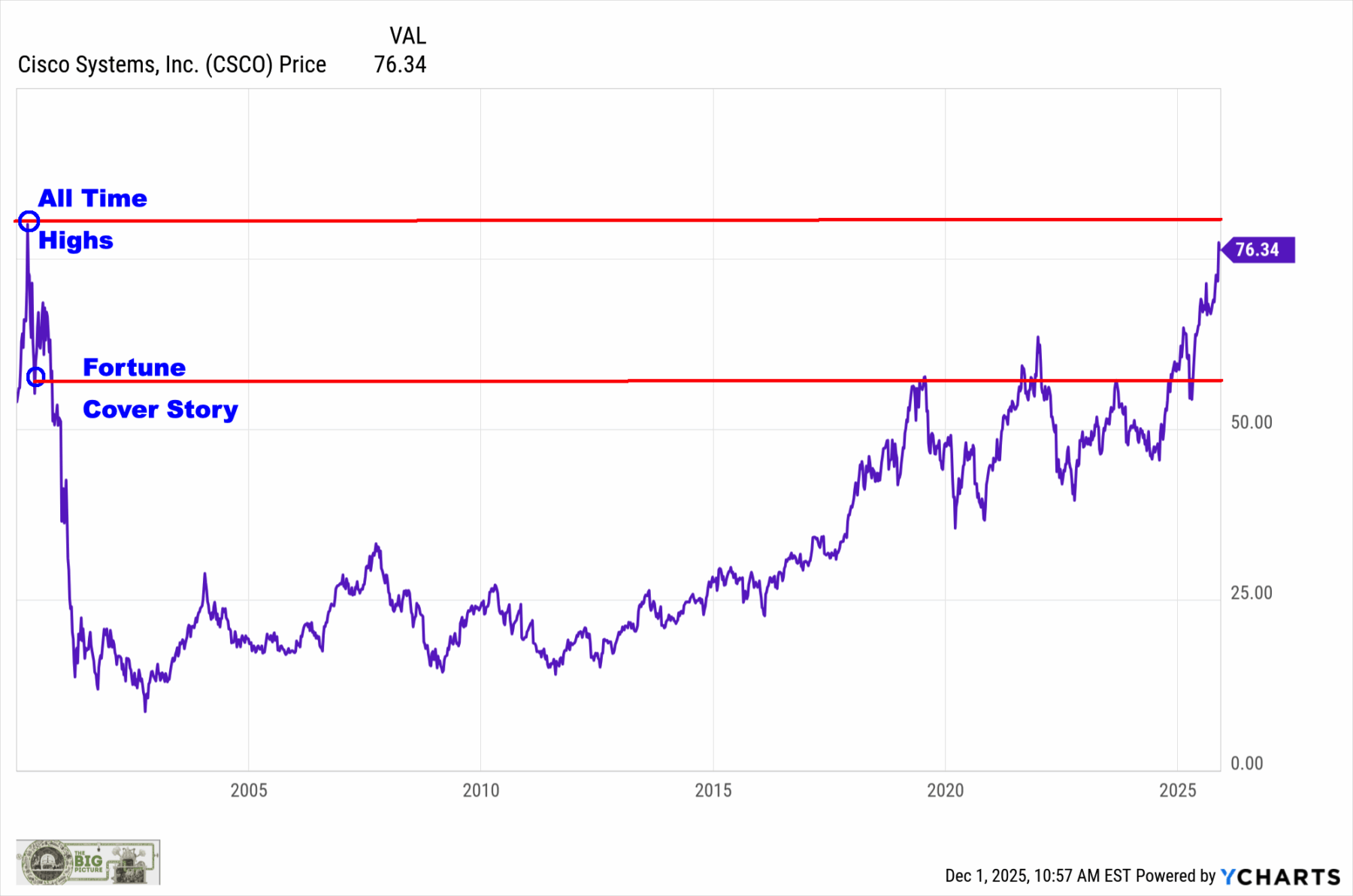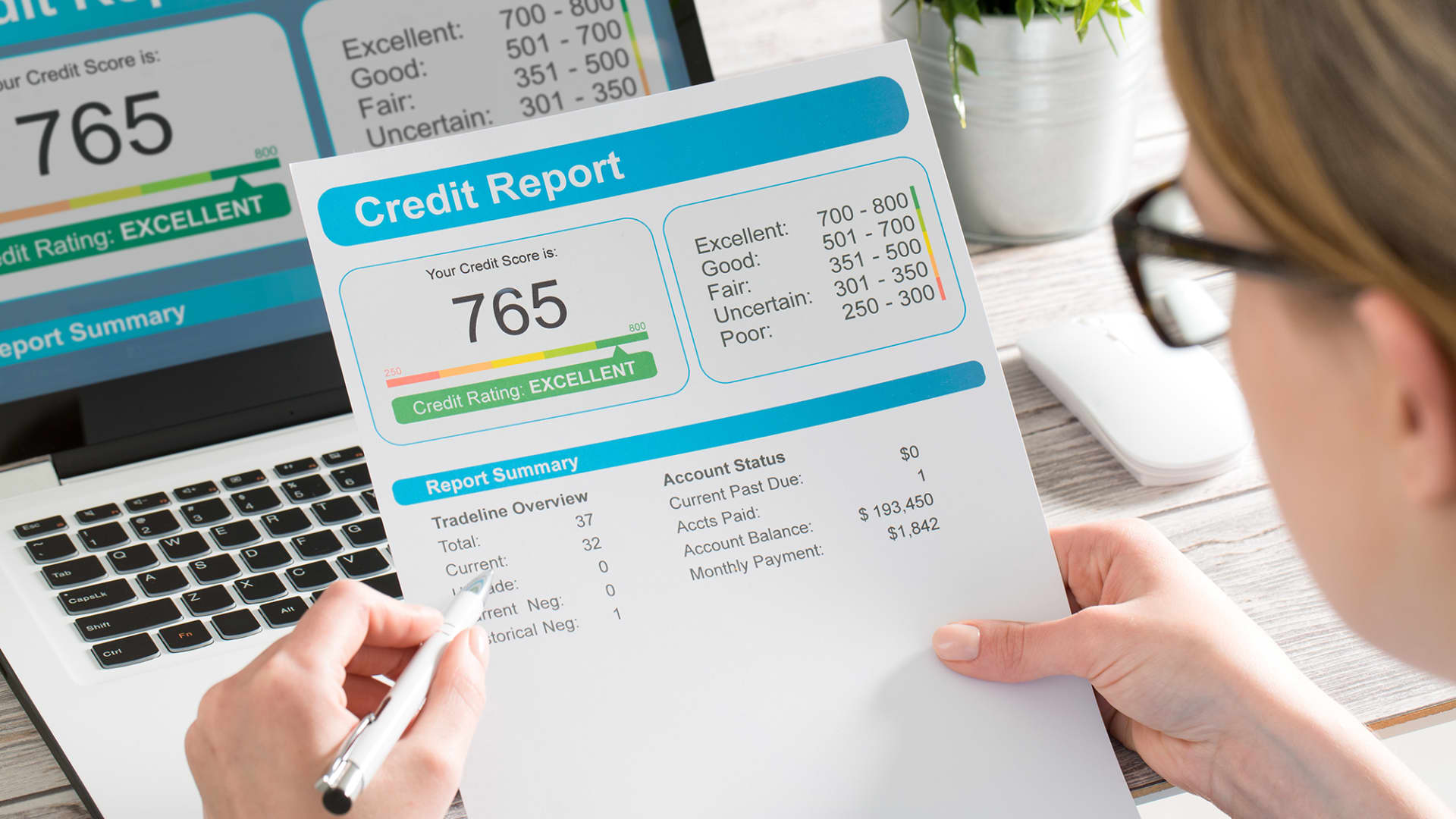Moral hazard is an important and badly named idea in the economics toolkit. Important, because it identifies how certain arrangements can encourage inefficient or wasteful behavior. Badly named, because anyone hearing it for the first time would have no idea what it means. Luckily, it’s easy to understand.
Imagine you’re out to dinner with nine friends, so there are ten of you in total at dinner. Let’s say it’s been agreed that there will be one bill, and everyone will share the bill equally regardless of his or her individual orders. If you’re like me at all, you probably involuntarily winced a bit just reading that. You likely recognized that this situation creates moral hazard, even if you didn’t know the term.
Here’s the moral hazard problem. Imagine it comes time to order dessert. One member of the party is nearly full and knows he probably wouldn’t be able to finish a dessert order. Desserts are priced at $10, but given how full he is, he wouldn’t be willing to pay more than $5. In normal circumstances, since the price of the dessert is $10 but it’s valued at only $5, he wouldn’t place the order. But wait! Since the bill is being split evenly with the whole party, his marginal cost for ordering dessert is only $1 – the other $9 is paid for by the rest of the party. Suddenly, ordering dessert looks like a good deal – for him, anyway. Since most of the costs are paid by other people, a cost sharing system creates an incentive for someone to impose $9 in costs on the group to acquire something they only value at $5, at a cost of only $1 to themselves.
Of course, dear reader, you would never do such a thing at that kind of dinner party. Neither would I. Doing that would be behaving like (to use a technical term) a total jerk. If you’re with a small group of friends, in a face-to-face situation, you’re unlikely to act like a jerk in that way – you’d feel bad. So, in small groups, moral hazard can be offset by social norms and good manners. But in large groups, where the “others” who would bear the costs are faceless and anonymous to you, moral hazard rears its ugly head much more strongly, and people don’t feel like jerks anymore for engaging in what is fundamentally the same behavior.
Moral hazard is particularly strong in the health insurance market. Economist Amy Finkelstein has done some good work examining how it manifests. She looks at two different forms of moral hazard created by health insurance – ex-ante moral hazard, and ex-post moral hazard. Ex-ante moral hazard would occur if someone says, “Well, now that I have health insurance, I don’t need to put as much effort into taking care of myself.” According to her research, this is theoretically possible, but it doesn’t seem to be a big issue in practice. Ex-post moral hazard, by contrast, is the tendency to overconsume healthcare once insurance is acquired, because most of the costs are being paid for by someone else. Here, the evidence for moral hazard is much stronger – and the overuse of healthcare created by this incentive structure is one important factor driving up health care costs for everyone.
But there’s another kind of moral hazard as well – what Jonathan Gruber calls provider-side moral hazard. Here’s how he describes it: “This issue is best summarized in the saying that having a doctor tell you how much medical care to get is kind of like having a butcher tell you how much red meat to eat. What we face in the United States is a broken fee-for-service health care system where physicians and providers are paid based on how much care they deliver, not on how healthy they make you.” (What created this fee-for-service system with all its terrible incentives that Gruber rightly laments? Government regulation, with a hefty dose of lobbying and regulatory capture.)
All this came to mind recently when I received an email from my health care organization. This email encouraged me to check with my insurance company to see if I had reached my maximum out-of-pocket costs for health care this year. And if I had, according to this email, I should make sure to book as many medical appointments as I possibly can between now and the end of the year – after all, I won’t be paying anything additional for it! But it would create a lot of opportunities for the doctors to bill the insurance company. A more perfect example of both ex-post and provider-side moral hazard could hardly be asked for, or more shamelessly flaunted.
As it happens, I have in fact reached my out-of-pocket maximum for the year. And there are probably several things I could think of for which to see a doctor. But nothing I’d have gone to the doctor for if I had to pay even a trivial out of pocket expense. So I’m not planning on booking any appointments in response to this email. Unlike the hypothetical dinner party above, the additional costs would be paid by others who are faceless and anonymous to me, but still, the behavior is the same. The study of economics, and of classical liberal and libertarian philosophy, causes me to view my behavior with a more comprehensive mode of sympathy that I’ve written about before. Being comfortable with offloading the costs of my behavior onto faceless “others” doesn’t fit with the kind of person I want to be. They may not be my friends at a dinner party, but they should be respected all the same.
Kevin Corcoran is a Marine Corps veteran and a consultant in healthcare economics and analytics and holds a Bachelor of Science in Economics from George Mason University.
















